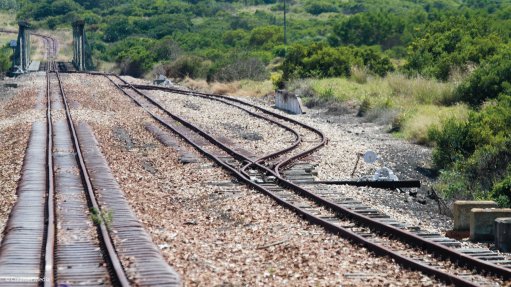
Photo by: Duane Daws
Following a train collision, in Durban, on Tuesday, in which more than 80 people were reported injured, the Portfolio Committee on Transport has “demanded” that the Passenger Rail Agency of South Africa (PRASA) accelerate its programmes aimed at upgrading rail infrastructure, paying particular attention to the upgrade of signalling systems.
“Upgrading the signalling equipment, skilling train drivers and modernising the carriage fleet should receive the maximum consideration. Given the centrality of the rail sector to South Africa’s economy, an efficient train service is nonnegotiable,” commented committee chairperson Dikeledi Magadzi.
She added that continued investment in the rail sector was indicative of government’s commitment to improve the sector and its centrality to the development of South Africa.
“It is no longer enough to investigate the accidents, [we need to focus on] the cause of train collisions. Trains are the cheapest form of transport and ferry millions of poor people to and from work,” Magadzi said.
PRASA was currently in the early stages of a R51-billion fleet overhaul that would see 600 trains supplied by the Alstom-led Gibela Consortium deployed on the domestic network over the coming ten years.
Scheduled for completion in 2018, PRASA was also currently implementing a new technologically advanced rail signalling system on its commuter rail network to replace the old and often unreliable system.
Siemens had been awarded the R1-billion contract for the Gauteng Phase 1 signalling programme and for the Gauteng Phase 2 signalling programme, valued at R2.762-billion.
The KwaZulu-Natal new signalling contract was estimated at R1.4-billion and had been awarded to Bombardier Africa Alliance.
The Thales-Maziya consortium had been awarded the R1.87-billion contract to supply a new signalling solution to the Western Cape.